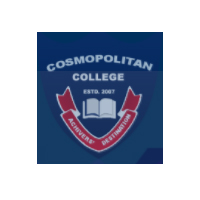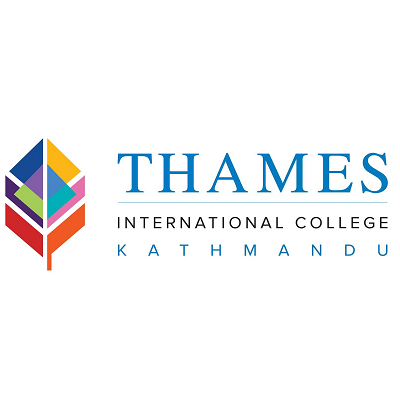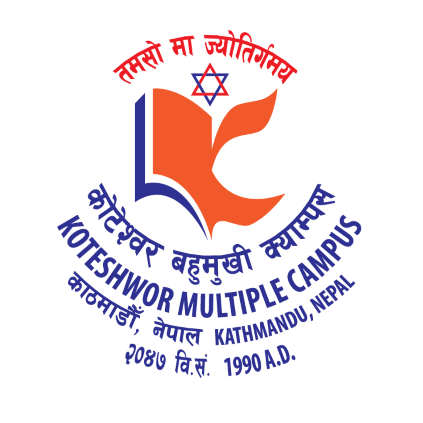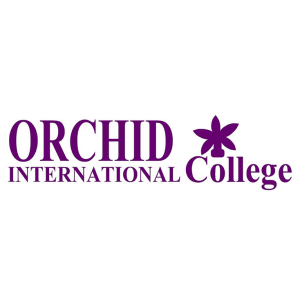Overview
Bachelor of Arts (BA) at Madan Bhandari Memorial College, New Baneshwor, Kathmandu
Bachelor of Arts (BA) at Madan Bhandari Memorial College (MBM College), New Baneshwor, Kathmandu follows Tribhuvan University’s Faculty of Humanities and Social Sciences structure. The program runs four academic years and brings together humanities and social sciences with internal assessment and university examinations.
Students study compulsory English, Nepali, and Nepal Studies, then select majors and electives that match their interests.
The campus setting supports steady classroom work, guided projects, and activities that build reading, writing, and presentation skills.
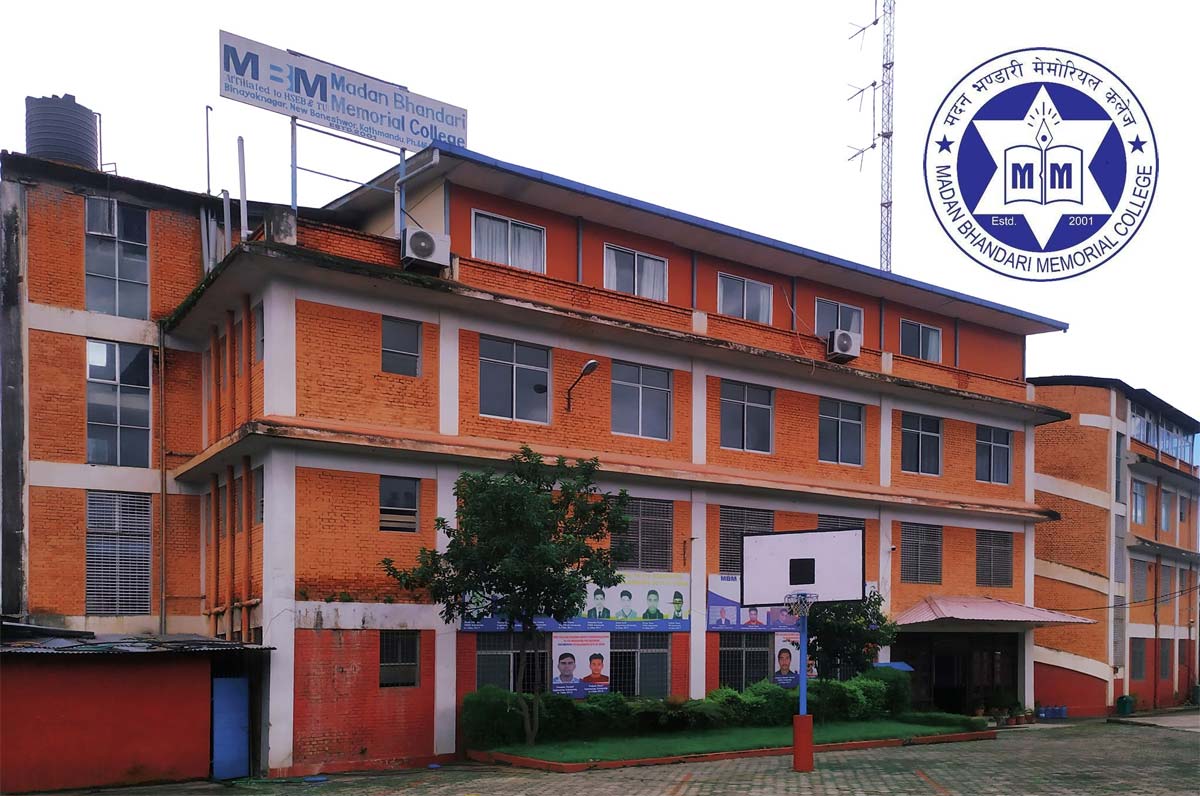
Introduction
BA at MBMC offers a grounded pathway for students who want depth in literature, society, communication, and related fields. The program balances reading-intensive courses with field-based tasks and short projects. The four-year plan suits students who prefer clear milestones, steady assessment, and visible progress each year.
Students engage with core texts, case materials, and local contexts. Classroom routines encourage close reading, discussion, and short analytical writing. Internal assessments keep you active across the year, while the final examination checks subject mastery under Tribhuvan University rules.
Highlights
-
Duration: four academic years under Tribhuvan University
-
Affiliation: Faculty of Humanities and Social Sciences
-
Core requirement: Compulsory English, Nepali, Nepal Studies
-
Study options: majors and electives across humanities and social sciences
-
Evaluation: internal assessment and final examination under TU
Curriculum Details
Compulsory subjects
Students study English, Nepali, and Nepal Studies across the program as required by the university. These papers strengthen language use, cultural understanding, and national context. Classwork includes reading assignments, short essays, and presentations that improve clarity and argument structure.
Majors and electives
The college offers majors drawn from English, Sociology, Social Work, and Mass Communication, subject to annual intake and faculty availability. Electives complement the major by widening the reading list and adding applied components. Students plan combinations that match their goals while meeting university credit requirements.
Writing and research components
Coursework includes response papers, literature reviews, media analysis, or short field notes. In higher years, students prepare longer essays or small project reports with proper citation. Faculty guide topic selection, outline preparation, and draft review so that students learn to revise and sharpen arguments.
Year-wise flow
Early years focus on language strength and foundational concepts. Middle years deepen subject knowledge through theory and applied study. Final year brings capstone assignments, seminar-style sessions, and consolidation of writing and presentation skills.
Objectives
-
Build strong reading and writing habits across humanities and social sciences
-
Strengthen argumentation, evidence use, and academic integrity
-
Connect text-based study with local issues and community settings
-
Prepare students for postgraduate study or entry-level roles in education, media, social sector, or public communication
Scope
BA graduates move into roles that value clear writing, careful reading, and public-facing communication. Schools, community organizations, local bodies, and media outlets need graduates who can prepare documents, support programs, and interact with stakeholders. The major–elective mix also supports preparation for master’s programs in English, Sociology, Journalism and Mass Communication, or allied fields.
Learning Outcomes
-
Read complex texts and summarize main claims with accuracy
-
Write structured essays with evidence and clear referencing
-
Present ideas in short talks, panels, or classroom discussions
-
Relate theoretical ideas to observations from field tasks or media sources
-
Manage time across reading, writing, and exam preparation cycles
Skill Development Modules
-
Academic writing: paragraph structure, thesis statements, citation, and revision
-
Presentation practice: voice, pacing, and slide organization for short talks
-
Field notes and observation: short visits, interviews where permitted, and reflection
-
Media and text analysis: identifying claims, bias, sources, and context
-
Study methods: reading schedules, note systems, and exam answer planning
Teaching Methodology
Faculty run lectures, guided discussions, reading circles, and seminar-style sessions. Tutorials address core skills like close reading, paraphrasing, and argument development. Internal evaluations include class tests, short assignments, and presentations. Department activities add film screenings, guest interactions, or student-led sessions that help students engage with current topics while staying within the syllabus.
Admission Requirements
-
Eligibility: completion of 10+2 or equivalent from a recognized board
-
Minimum grade: at least D+ in all subjects in Grade 11 and Grade 12 or equivalent rules for the intake year
-
Documents: transcripts, character certificate, identification, and recent photographs as per the intake notice
-
Process: application within the admission window followed by college-level screening where applicable
Examination, Attendance, and Graduation Rules
-
Internal assessment: conducted by the college through class tests, assignments, and presentations
-
Final examination: conducted by Tribhuvan University at the end of the academic cycle
-
Attendance: students must meet the college’s minimum attendance requirement to be eligible for final exams
-
Graduation: completion of compulsory, major, and elective requirements under TU rules
Career Opportunities
-
Education support: teaching assistance, documentation, and remedial support in schools or learning centers
-
Media and communication: content support, newsroom assistance, community radio roles, and basic reporting tasks
-
Social sector: program support, documentation, field coordination, and public information work
-
Public-facing services: front-desk communication, record maintenance, and event coordination in local bodies or institutions
-
Further study: MA in English, MA in Journalism and Mass Communication, MA in Sociology, or allied fields
Scholarships and Financial Aid
-
Categories: merit-based, need-sensitive, and internal performance-linked categories announced per intake
-
Process: application through the college notice with required documents and deadlines
-
Duration: scholarship retention linked to academic performance and conduct under college rules
Why Choose BA Program?
BA at MBMC provides a clear structure, steady assessment, and subject combinations that suit different interests within humanities and social sciences. The program supports your growth as a reader, writer, and presenter, while the campus location in New Baneshwor helps maintain daily routines.
Students who want a text-rich degree with practical assignments and defined university procedures will find the plan predictable and manageable.
Conclusion
BA at Madan Bhandari Memorial College gives students a stable four-year track under Tribhuvan University. The plan covers compulsory subjects, major–elective choices, internal assessments, and a final examination. The approach favors regular reading, short writing, and steady preparation, which helps students progress without losing direction. Applicants should track the admission window, collect documents early, and plan a major–elective mix that matches both interest and future study goals.
FAQ
How long is the BA program?
Four academic years under Tribhuvan University.
Which subjects are compulsory?
English, Nepali, and Nepal Studies.
How are students evaluated?
Internal assessment during the year and a final examination conducted by Tribhuvan University.
What attendance is required?
Students must meet the college’s minimum attendance requirement to be eligible for final exams.
What majors are available?
Majors are typically offered from English, Sociology, Social Work, and Mass Communication, subject to annual intake and faculty availability.



